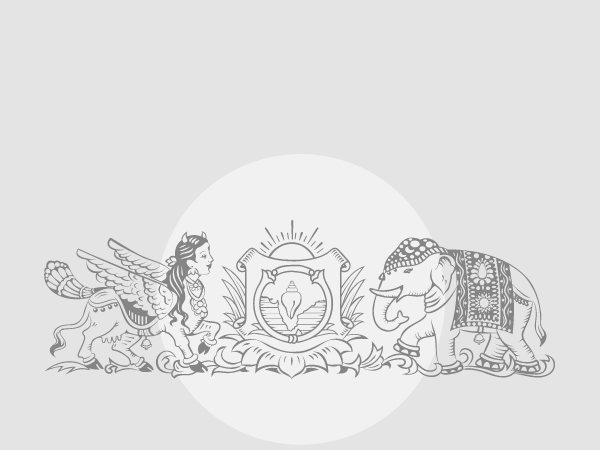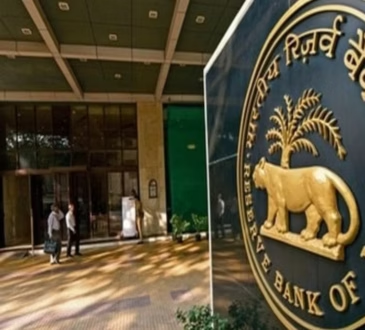
Although the strained relations between India and the Maldives have improved considerably of late, the decision by the State Bank of India (SBI) to cap the monthly remittance limit has impacted thousands of Indian diaspora working in the island nation.
After the cap on the remittance limit, now the expats could send only up to $150 per month back home to India. The State Bank of India (SBI) is the only Indian bank operational in that country. In short, a teacher or a health worker who earns an average of ₹1 to ₹2 lakh in the Maldivian Rufiyaa (currency of the Maldives) can remit only around ₹13,000 per month to India.
Speaking to The Hindu, Sumeena Sajeev, a teacher at GDh. Atoll School, Maldives, said the SBI Malé branch has drastically capped remittance — from unlimited amount initially to $1,000, $800, $700, $500, $400, and subsequently to $150 per month. In addition, card withdrawals and other transactions outside the Maldives have been suspended, leaving many expatriates unable to access their earnings securely or support their families in India.
Via unregulated channels
Anoop Antony, another Keralite who works as a teacher in the Maldives, said the precarious financial situation has forced many to send money back home through unregulated black-market channels. However, the unscrupulous agents who know the plight of the Indian expats in the Maldives are only ready to remit at an exchange rate of ₹4.50 for 1 Maldivian Rufiyaa (MVR), while it has an exchange rate of ₹5.70 in the open market, exploiting the hard-earned income of around 6,000-odd Indian diaspora in the Maldives.
Those who receive their salary in MVR face this issue, as there is no direct currency swapping from MVR to Indian currency. There are some sectors, such as tourism, which pay the salary of employees in dollars, and those employees have no such issues. “We have taken up the matter with the SBI authorities in Male. However, they are unable to address the issue, as there is a huge dollar shortage in the island nation, and the cap on dollar remittance was part of efforts to increase their foreign exchange reserve,” said Mr. Antony.
Ajith Kolassery, Chief Executive Officer of NoRKA-Roots, the field agency of the Kerala government’s Department of Non-Resident Keralites Affairs (NoRKA), said the State government has received numerous complaints in this regard. “We will bring the issue to the attention of the Union government as the Ministry of External Affairs can solve this issue through bilateral talks,” said Mr. Kolassery. Meanwhile, there is no let-up in recruitment of Indians, including Keralites, to the Maldives by various recruiting agencies despite the exchange issues.
There is a huge demand for Indian teachers and health workers in the Maldives, along with hospitality sector staff. Around ₹2.5 lakh to Rs 4 lakh is charged by the agencies for recruiting people to the Maldives from India. There was a strain in the relations between the two countries in 2023 after derogatory remarks by Maldivian Ministers and the subsequent “India Out” campaign, which was followed by a “Boycott Maldives” social media campaign in India. However, the ties were almost restored with Prime Minister Narendra Modi visiting the Maldives recently at an invitation extended by the Maldives President.
Published – October 28, 2025 08:02 pm IST




